Portugal's tourism outlook is bright, but planning for the future is essential. On November 26, the Algarve hosted a crucial conference to shape its tourism strategy leading up to 2035. According to Pedro Machado, the Secretary of State for Tourism, the Algarve must focus on differentiation, authenticity, and excellence in its offerings.
In the wake of winning the World Travel Awards for the third time as the best beach destination, the conference brought together hoteliers, entrepreneurs, regional leaders, politicians, academics, and students at the University of Algarve's Gambelas Campus.
Pedro Machado emphasized that the Algarve is Portugal's leading region in terms of overnight stays, with around 20 million recorded annually. He stated that the region must cater to international tourists looking for an authentic experience that goes beyond sun and sand, highlighting the importance of golf and gastronomy.
Furthermore, he called for collaboration between the government, municipalities, and the Regional Coordination and Development Commission (CCDR) to create frameworks that attract investments, particularly for micro and small businesses. Machado noted that the Algarve's economy is not solely reliant on large corporations, urging the government to consider tax reductions and support through Tourism of Portugal for improving service quality and training.
He also addressed misconceptions about tourism, stating that the notion of over-tourism is held by a 'caviar elite' and emphasized the need for continued growth. Machado asserted that Portugal lacks sufficient local workers for the tourism industry, leading to the introduction of a training program for migrants and strengthened agreements with Portuguese-speaking African countries to attract skilled labor.
Despite concerns over the decline in expressions of interest, the Algarve is experiencing a remarkable tourism year, with an increase of 2% to 2.5% in key indicators like guests and overnight stays, according to André Gomes, president of the Algarve Tourism Region.
Following these regional conferences, thematic meetings will be held, with the Tourism Strategy 2035 expected to be finalized by January and approved in February.







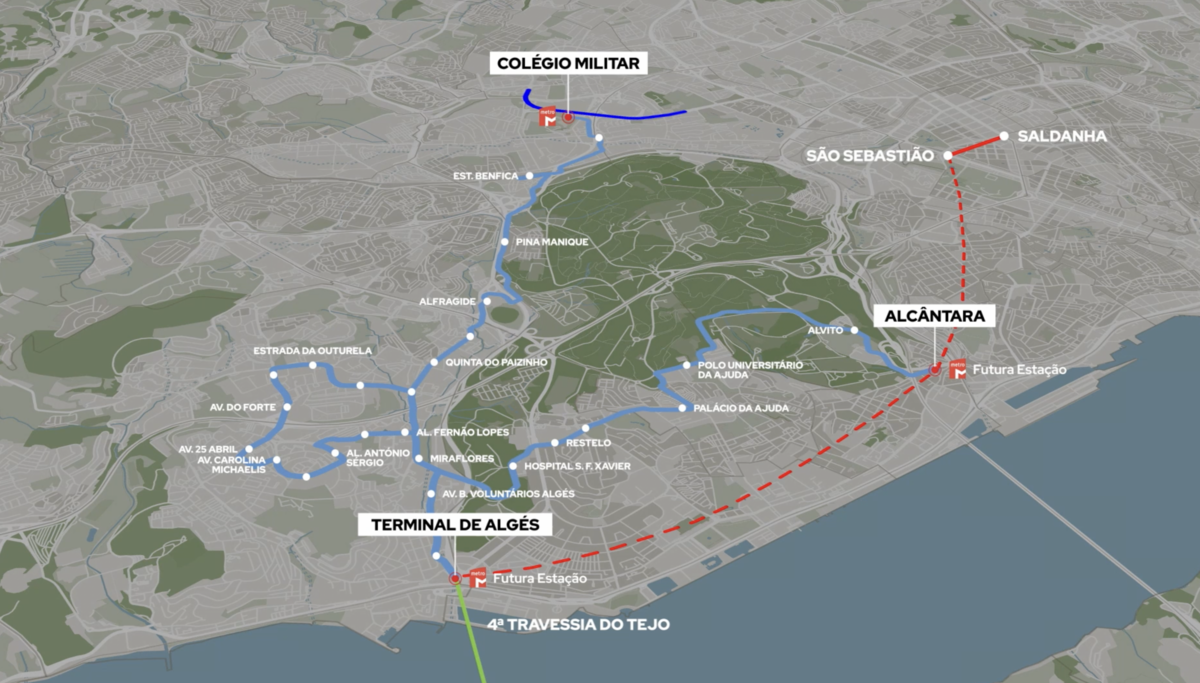




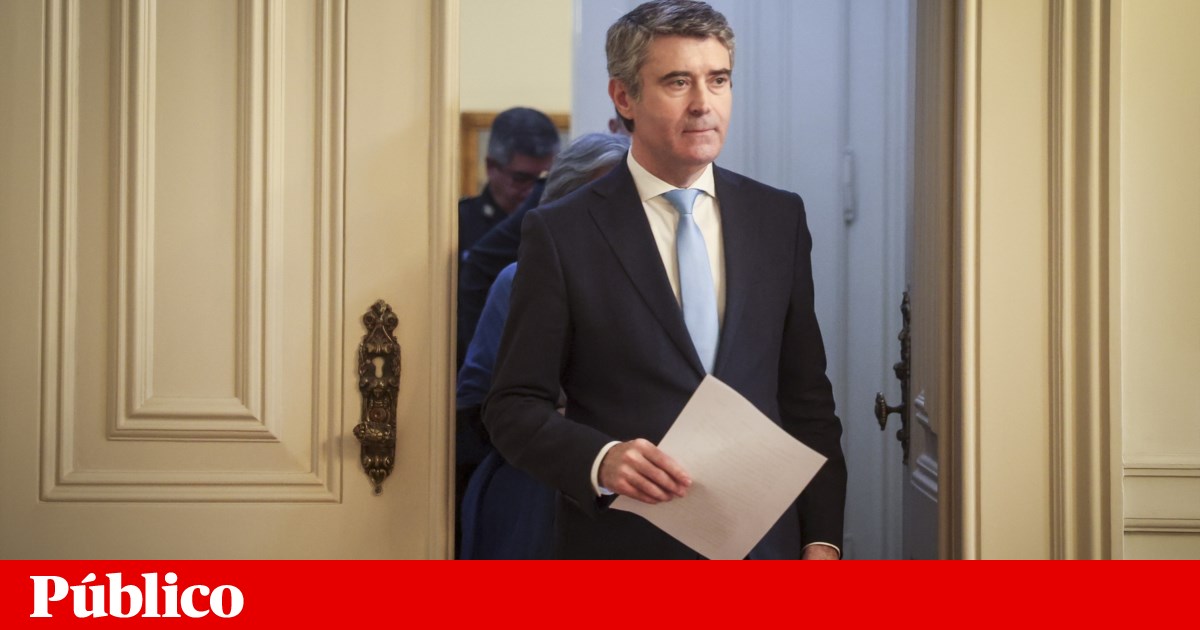

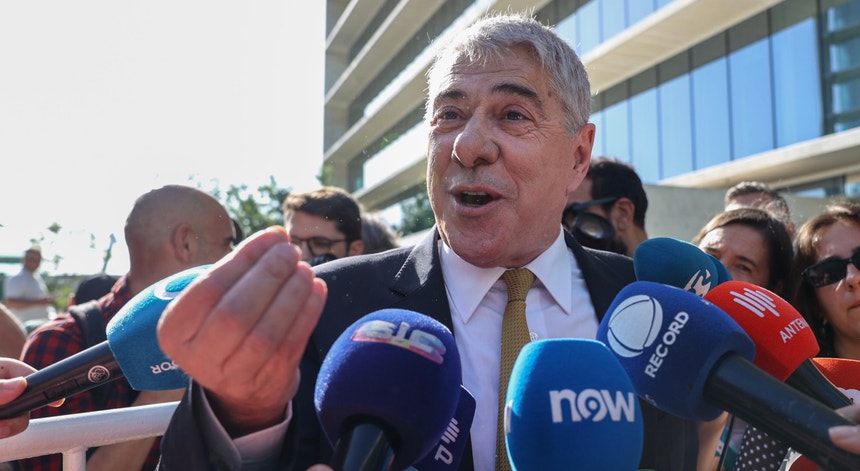




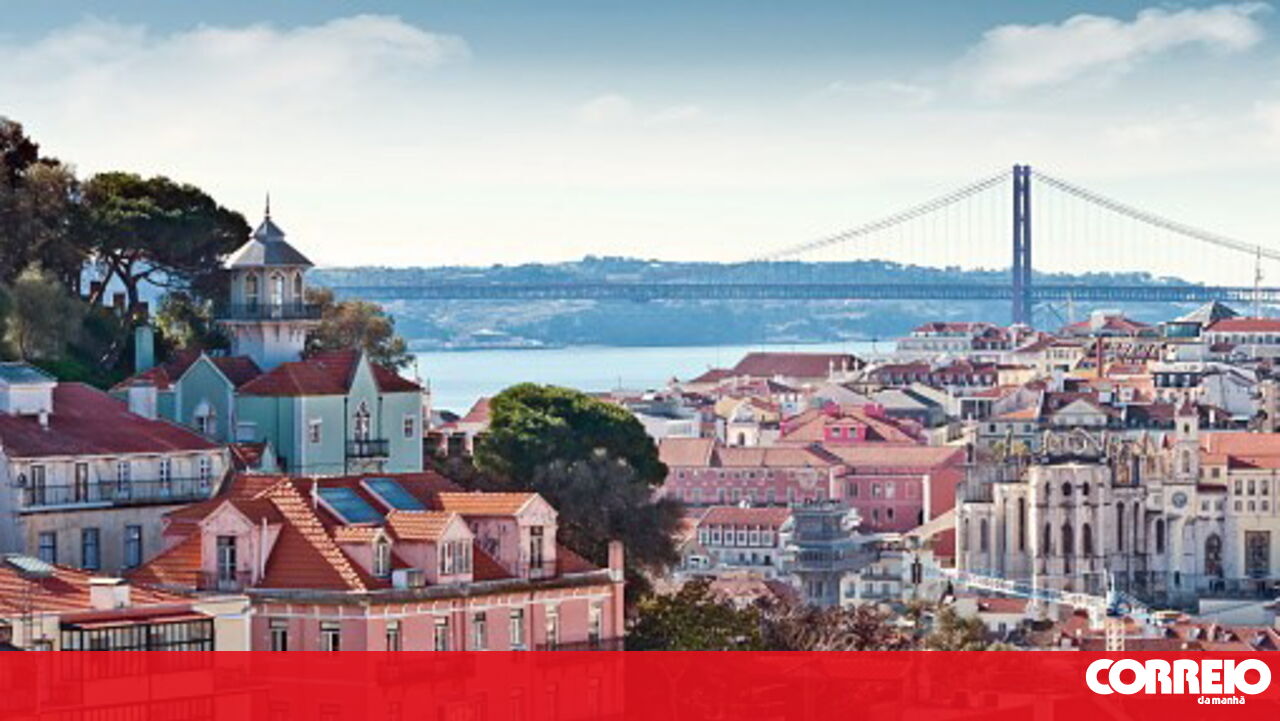
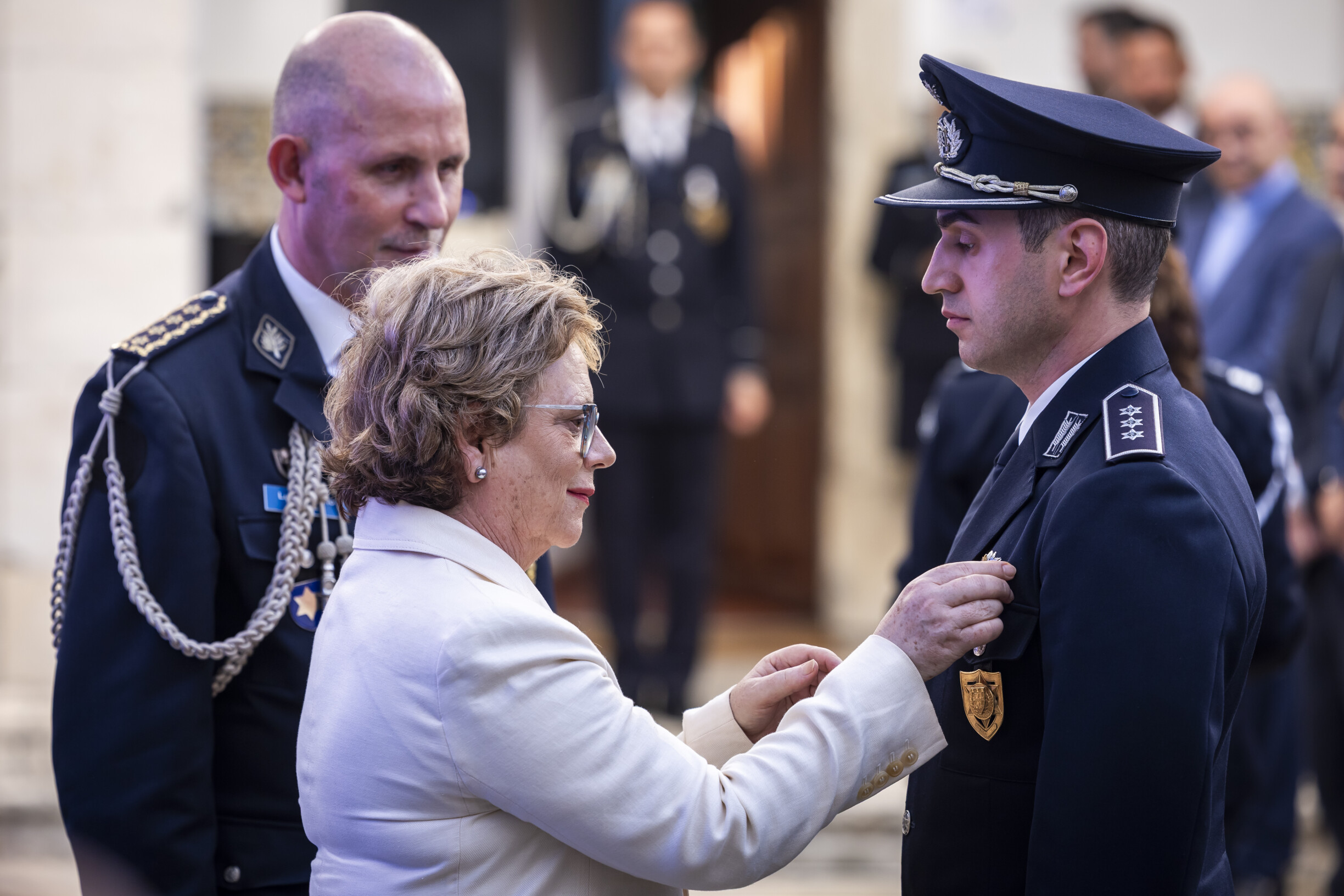
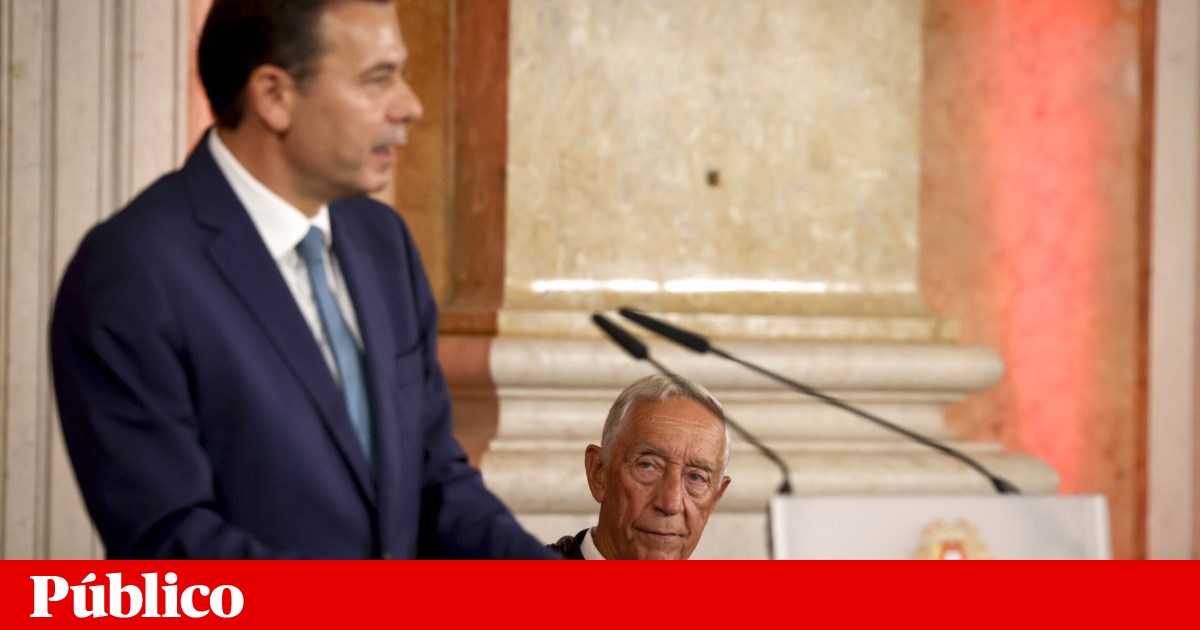
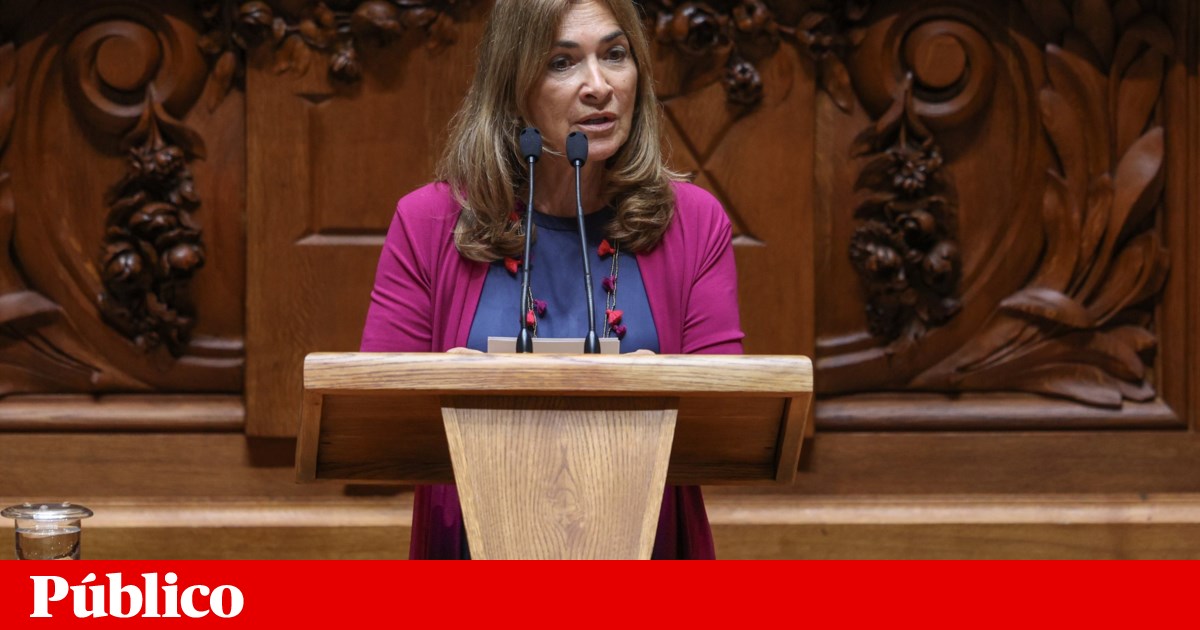
Comments
Join Our Community
Sign up to share your thoughts, engage with others, and become part of our growing community.
No comments yet
Be the first to share your thoughts and start the conversation!